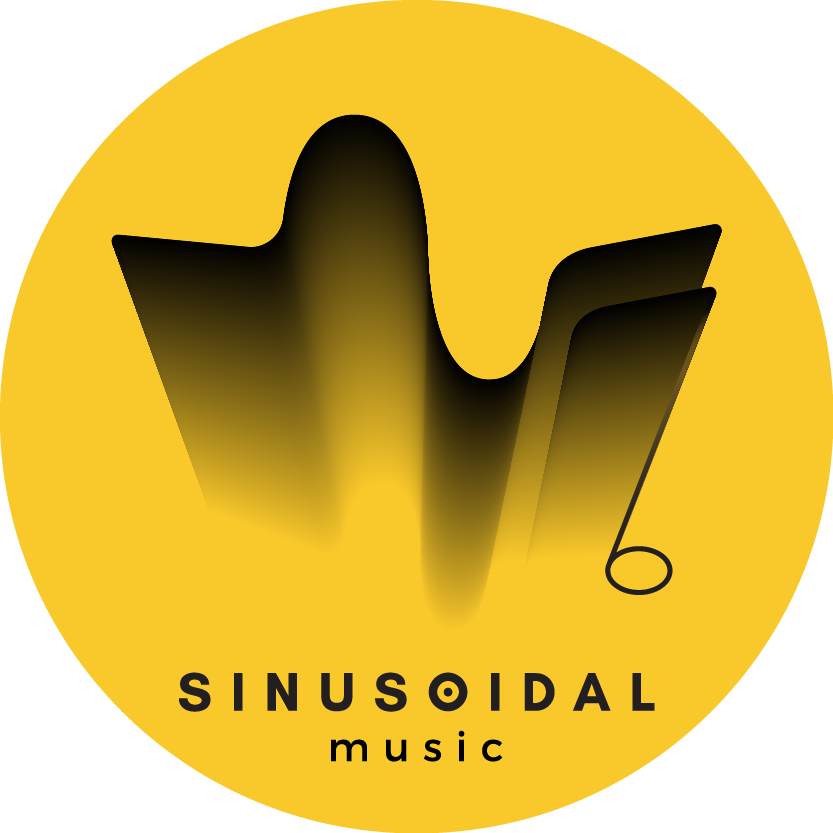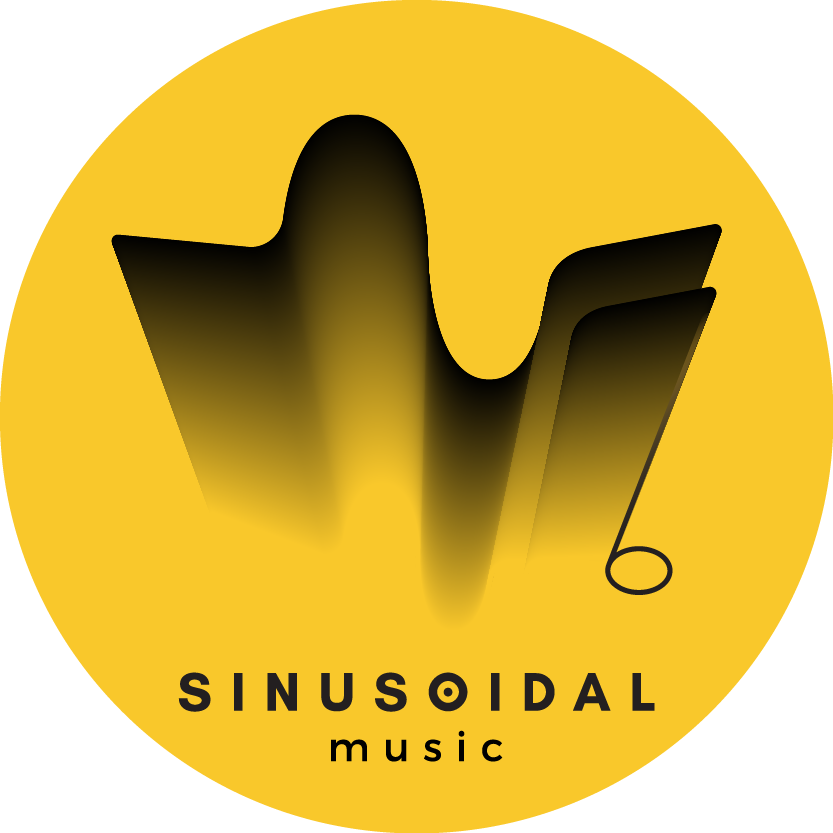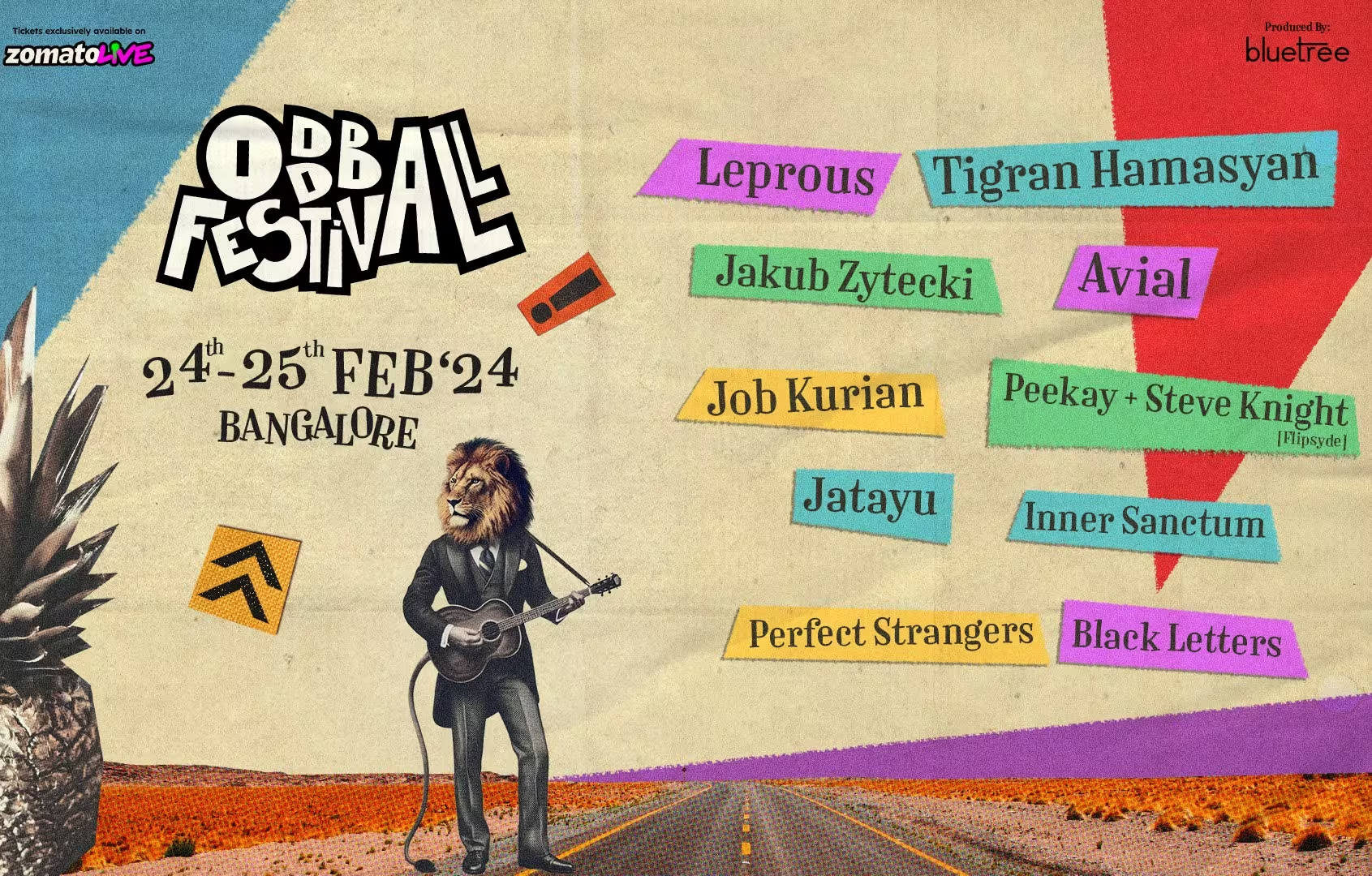The 90s was a storm of proportions that no one expected. From the fear of Y2K to media and tech blowing up every which way-there was uncertainty around the world. So was there equal levels of fun, frolic and frenzy. The Iraq war had just begun, musicians and artists had a platform to express their voices. What began as a small grassroots movement in garages across the US grew to be some of the biggest currents in counterculture.
In this confusing period, you had the internet spawning like a gamer from the basement. TVs, advertisements, concerts and how music was perceived changed. We’re going to have a look at a few of the things that completely changed the course of music history. This resulted in the birth of the counterculture, that changed the ebb and flow of the mainstream. The emos and grunge kids found a voice, hip-hop ruled the streets and pop changed due to how technology was revolutionising the globe.
The Fuel that fed the fire
The Persian Gulf War
The FUBAR move by Saddam Hussein led to the US intervening, leading to very interesting thoughts on war. It didn’t help that the administration at the time was doing a terrible job at, well, administrating. Operation Desert Shield was mentioned in many movies, songs and music vidoes. Which leads us to the next game changer.
MTV-Music Television
Something very few readers might relate with(or many, I don’t get the age demographics), MTV dominated airplay because of its unique idea. How music was heard changed, becoming more of a visual medium as well. Smells Like Teen Spirit played after the every third song, strong messages could be portrayed as well. It completely changed how people would experience music. Helps that the Walkman became a thing as well.
The Internet-Origin Years
Though the idea of using it to increase music exposure came much later, the internet created a phenomenon which would be exploited for loss, gain and everything in between. Though the Napster lawsuit was much later, the existence of an invisible fabric uniting us meant uniting music tastes, styles and the formation of a smaller world.
Checkout the latest news: Doja Cat Takes Center Stage on First Ever Arena Tour feat. Ice Spice and Doechii this October
The Rodney King Trial
The acquiting of the policemen for the beating of Rodney King brought a new wave of life in civil rights. This could be heard in socially conscious music and built a foundation and pillar of change that impacted thought, social constructs and eventually forms of art which could be seen, felt and heard.
The making, breaking and baking of new genres
New Rock (well, Grunge)
If the Seattle movement wasn’t enough of a wave-you saw it take over music in general. It was the voice of the new generation, a more emotional approach to genres that had got hot and fizzled because they were unrelatable. Angry, sad, and furious of the position they had been placed in, Gen X took to grunge like a bear to honey. Nirvana’s Nevermind and MTV Unplugged series for various grunge acts dominated conversations on music.
Pop
Sound Tools evolving to Pro Tools was the answer approachable disco, pop, hip-hop and the likes needed. It was as much of a tool as it was a crutch. Producers went for it instantly, for its ease of use and development. Music was to become everyone’s soon, and the radios waited like drooling dogs for the next track to make hot. Whitney Houston, that’s your cue.
Hip-Hop
To say Dr. Dre’s The Chronic changed the game is no understatement. Here was the OG DJ for NWA bringing his own style and statement with his superb production, lyrics and execution. A Tribe Called Quest’s The Low End Theory, Nas’s Illmatic, Enter the Wu-Tang, Notorious B.I.G, the list goes on. Records were selling like hot cakes, and this hip-hop became for everyone. Thanks to the pioneers, The Sugarhill Gang. What followed was arguably the greatest decade for hip-hop ever known.
Rock (proper Rock)
Guns ‘N’ Roses had broke through the radar with their album Use Your Illusion, Metallica released the Black Album and Radiohead were on the rise. Newer kinds of rock were coming to, with bands like Rage Against The Machine and Nine Inch Nails really shaking things up. We were truly in a new age of music, and we were too glued to our TVs to notice. By the end of the millennia, we had garage rock return with The White Stripes putting out their debut album.
Metal(let’s stick to the mainstream, purists)
Pantera brought Southern metal to the scene, a genre in itself. Megadeth put out arguably their best record ever in the early 90s. Metal mania was also rushing in the background, while the teenagers flooded to Nirvana. Let’s not forget, this is the decade Death Metal was formally born thanks to daddy Chuck Schuldiner. The very disputed genre nu-metal came, with Limp Bizkit and Korn sharing the throne.
EDM (Electronic Dance Music)
Given that it had to be explained as an abbreviation is a sign of the times. Orbital, Aphex Twins and Björk ruled the decade, while other undercurrents were forming. Daft Punk came around 1997 with their debut, Homework. The Chemical Brothers were also trying out some great experimental stuff with the unique forms. Don’t forget the immense presence of Fatboy Slim by 1998, closing out some of the biggest parties with Praise You.
You may also like listening to: “Gallowayyys” Delivers His Experimental Best With Latest Album, “Angels With Fangs”
Contemporary R&B
Mary J Blige releases her album My Life, and the very texture of evening music on the radio changed. The now-scandal embroiled artist R. Kelly released his self-titled album as well. This softer sound was a brilliant balanced to the rough edges of grunge, rock etc. Lauryn Hill, Sade, Janet Jackson and Ginuwine were some other radio hogs during that period.
The Tech that mattered-making 90s music
MIDI Programming and DAWs
With the kind of bedroom musicians popping up, the 90s brought all the gear into a software package. Made for the ease of an average user, a couple of hours could help you make decent music. DAWs such as ProTools and Logic X changed the game completely, with their vast libraries of compatible VSTis and third party FX plugins. Subsequently, entire albums started being made without recording any instruments. Eyes on you, Ricky Martin.
Auto-Tune
You’ll be hard pressed to find a song playing on your top streams that doesn’t use this in some format. Since Cher used it in Believe, musicians and non-musicians rushed towards it for pitch correction. It could keep the tune in scale and was a stroke of genius from Dr. Andy Hildebrand.
MP3 players
While Sony celebrated the short trump of the Walkman in the 90s, portable music players were being developed. The encoding helped compact music in a few Mbs or Kbs at the time, instantly taking over and being opted for by many companies. The business model is something you might have noticed in Apple’s well known music player, the iPod.
Cloud Sharing, (thank you, internet)
With samples, models and audio packs available on the internet, companies like Napster and eventually SoundCloud took over the game. Though they got linked with piracy very soon, thanks to humanity, it was intended for a much larger purpose. Music had become global, and collaborations were made so much more easier. If you have the time, do watch Metallica’s Lars Ulrich battle it out with Napster for that heavy lawsuit.
So there you have it, some of the major impacts on 90s music. There were many more seats under the bleachers that were waiting for the right moment, that we saw post Y2K. However, this was a decade unlike any other-just like any decade before that. The inclusion of the internet in the mix and rapid escalation of technology really changed how musicians could be received by the public.
I’ll end this on a quote by a legend, a pioneer of the independent music movement of the 90s. Something that holds true for a lot of people.
“My music has been a sort of personal therapy. It’s got me out of tough times, it has been the friend that I needed, when I didn’t have a friend there.”
Trent Reznor
Given that I found that on the internet, I’ll never know if he actually said it. I do know that music has that power. A salute to a decade that changed the footsteps of music, for better or worse!
Check out our playlists here!
Check out our YouTube channel for music reviews, playlists, podcasts and more!
Self professed metalhead, moderately well read. If the music has soul, it's whole to me. The fact that my bio could have ended on a rhyme and doesn't should tell you a lot about my personality.













